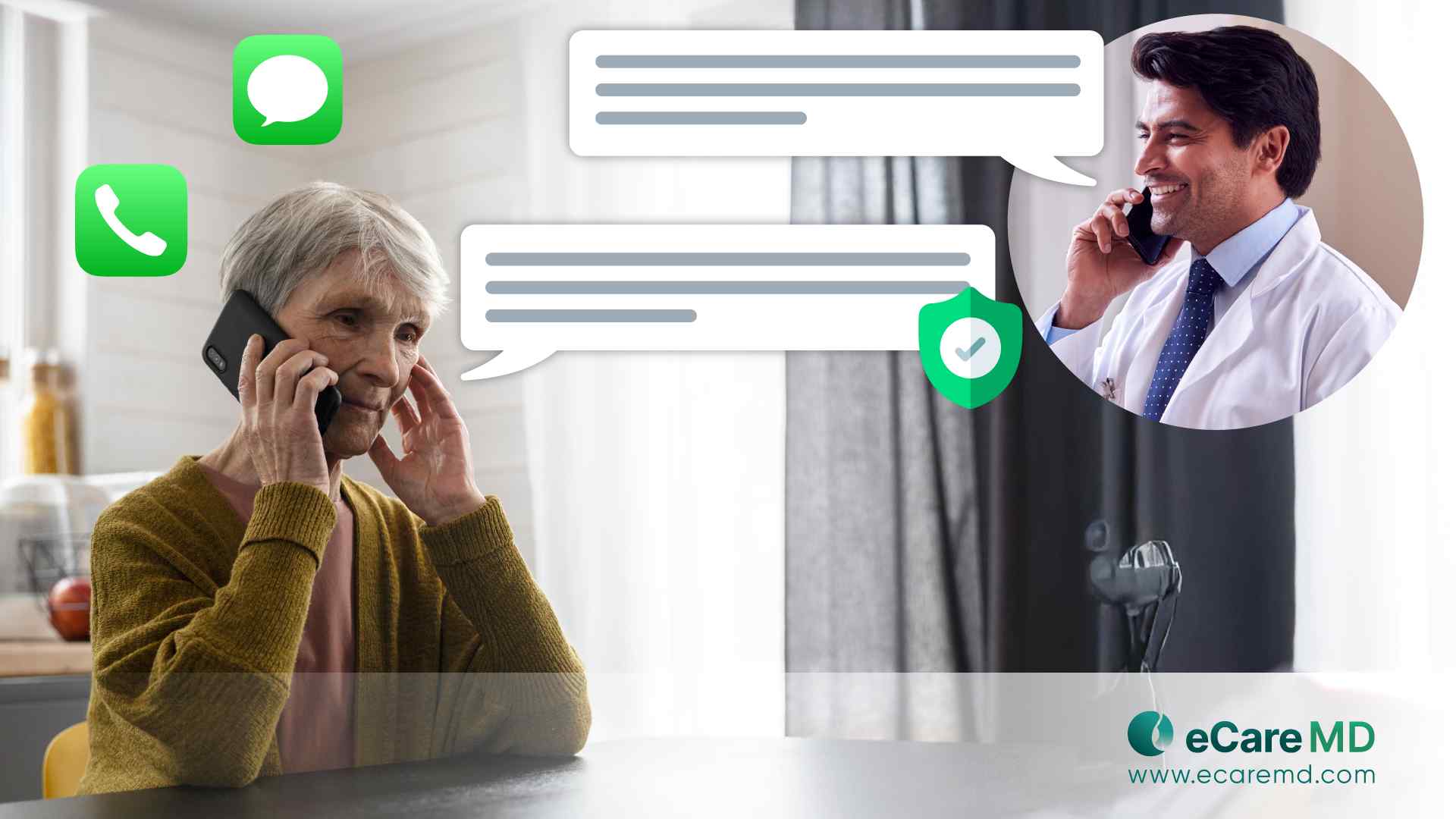Client Overview
The client, a specialized geriatric care practice based in Florida, focuses on managing patients with Alzheimer’s disease and other cognitive disorders. With over 500 Alzheimer’s patients under their care, the practice sought innovative solutions to improve patient monitoring, ensure safety, and provide timely interventions while reducing the burden on caregivers and healthcare providers.
Business challenges
The practice faced several challenges in managing the care of Alzheimer’s patients:
1. Lack of Real-Time Monitoring
The absence of real-time health monitoring made it challenging to detect and respond to changes in patients’ conditions promptly. This lack of functionality has delayed provider interventions when the patient’s vital goes beyond threshold levels.
2. Resource constraint
The significant inflow of patients puts strain on the care providers. Managing this higher patient count with fewer medical professionals was costly for the care providers. It affected the quality of care delivered and the patient's health outcomes.
3. Communication Barriers
Continuous communication between the care provider and patient is critical to obtaining expected patient health outcomes. The need for real-time communication facilities has affected communication between these two parties. This lack of engagement has affected the patient's health outcomes and satisfaction levels.
Solution
The client turned to Medarch Inc.’s eCareMD software to address these challenges. Our team of business analysts and subject matter experts collaborated with the client to understand their needs. After a successful demonstration of the eCareMD software, the client was convinced of its ability to streamline their workflow and resolve their challenges. With the client's approval, we promptly implemented the eCareMD software in their practice, marking a significant step forward in patient care.
Key Features of eCareMD’s RPM for Alzheimer’s Care:
1. Real-time health monitoring
eCareMD software integrated with remote monitoring devices continuously tracks patient health vitals in real-time and transmits the readings to the care providers' live dashboard. This functionality facilitates real-time monitoring of patient health vitals, tracks the fluctuations and trends in the readings, etc.
2. Alerts and notifications
Based on the vital reading, the system generates an alert if the patient's vital health goes beyond threshold levels. These alerts are notified to the care providers, which enables them to make proactive interventions to resolve patient health complications. This functionality has reduced the rate of patient hospital readmissions.
3. Access to multiple provider groups
The ‘Ultra User’ functionality of eCareMD software enabled care providers to deliver care to patients from different provider groups. It helped them manage more patients with less number of care providers.
4. Secure communication channels

The software provided secure messaging and voice call functionalities, allowing providers to communicate more effectively with patients, even when verbal communication was challenging.
Value Delivered
The implementation of eCareMD resulted in significant improvements in the care of Alzheimer’s patients:
1. Enhanced patient health outcomes
With the help of remote monitoring functionality, care providers could deliver a more enhanced quality of care to patients and modify the treatment plan as per the requirement. It helped in obtaining expected patient health outcomes.
2. Reduction in inpatient hospital readmission rates
The alert and notifications functionality has enabled care providers to make necessary interventions on time to avoid patient health complications and emergency visits. This has instilled confidence in the care providers and patients, leading to a reduction in the hospital readmission rate for patients.
3. Improved patient-provider communication
The secure communication functionalities have increased the patient provider's real-time communication, allowing them to discuss clinical activities more.

